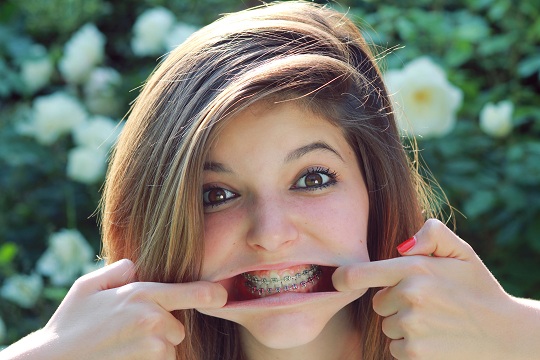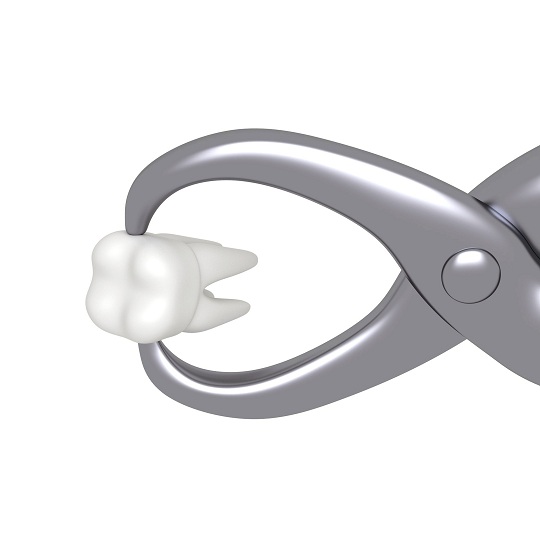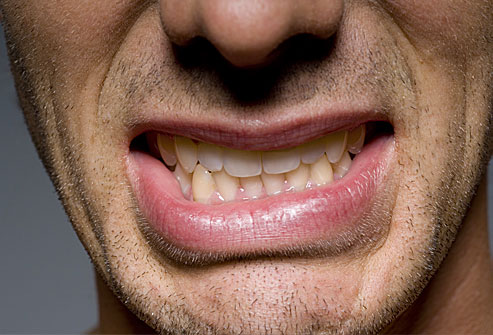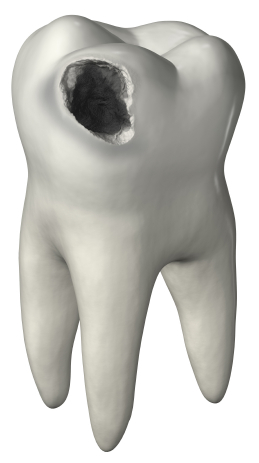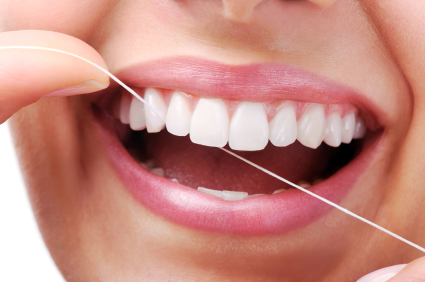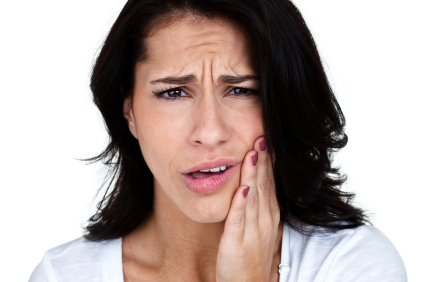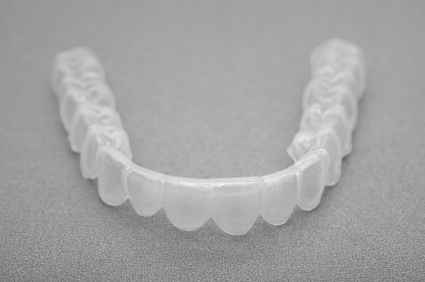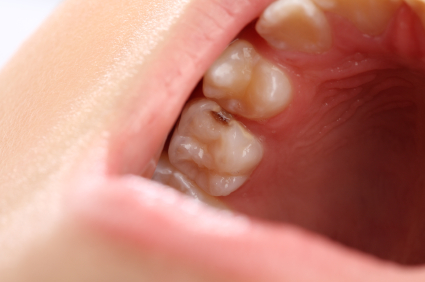Braces are not just for children anymore. Braces can alleviate dental problems of all ages. Braces have now become stylish instead of looking like a metal fence across your mouth. If you are wondering whether you should look into braces, here are the common dental signs that you need braces.
Spacing
Spacing is the most common condition that is treated with braces, which occurs when teeth are spaced too far apart. If you sucked your thumb or improperly chewed in childhood, this may have been the cause of the spacing. Sometimes the teeth are too close to each other, which may cause teeth to shift inward and outward. This condition is called “overcrowding”. These conditions make the teeth more susceptible to periodontal disease (gum disease). To find out if there are spacing problems in your (or your children’s) teeth just look in the mirror. If there are noticeable gaps between teeth or if some of the teeth are shifting inward/outward, then you likely need braces.
Overbite: An overbite is a dental condition in which the upper front teeth are noticeably overlapping the bottom front teeth. If the bottom teeth are covered by the top teeth when you smile, then you likely have an overbite. A slight overbite is common and does not always require braces.
Underbite: An underbite is the opposite of an overbite: the bottom front teeth overlap or protrude in front of the top front teeth.
Crossbite: A crossbite occurs when a single tooth (or a row of teeth) is positioned closer to the cheek or to the tongue than its neighboring teeth. This can make the teeth look crooked, or even cause them to overlap each other.
If you have frequent jaw pain, headaches, tooth decay, difficulty chewing, or have a speech impediment, it could be caused by one of conditions described above. Ignoring such conditions can cause arthritis and inflammation of the jaw joint near the temple.
Additional Help
To find a local dentist for consultation on braces use TalkLocal. TalkLocal can connect you to up to three dentists in your area who can give you the help you need, when you need it.

